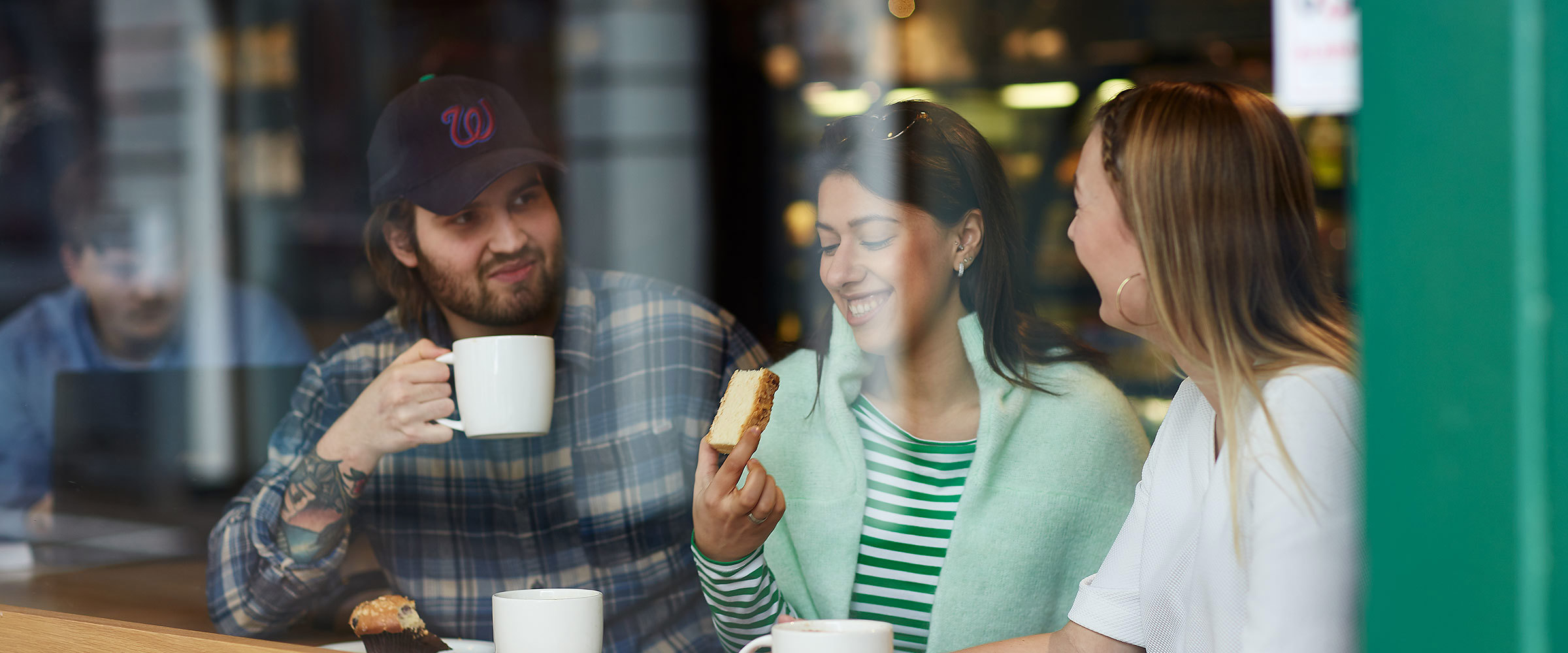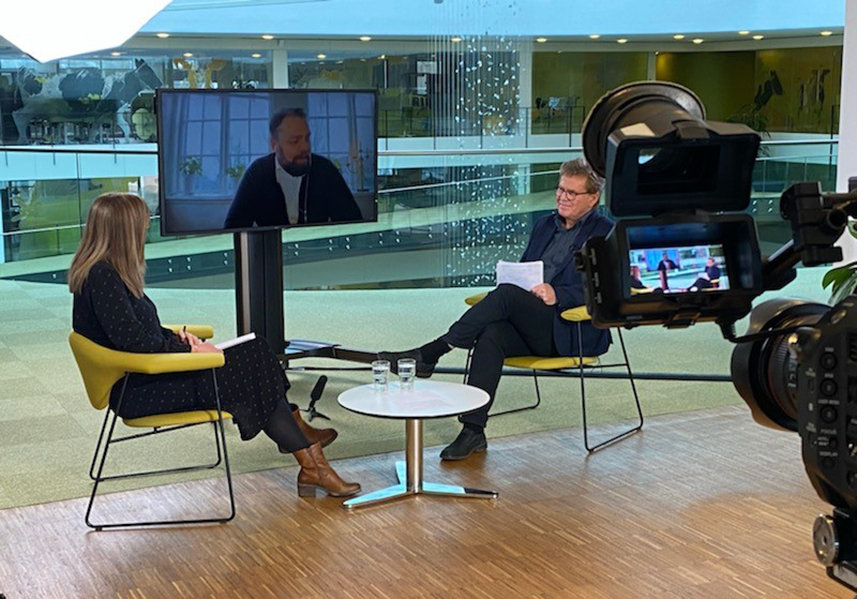Last week I spoke at the Global Forum for Food and Agriculture in Berlin. The forum is a world class event and part of the annual Green Week. This year’s topic was shaping the future of livestock. I was there to talk about the dairy sector.
The discussion took place against a challenging backdrop for the dairy livestock industry. It is regularly criticised for not being a sustainable production model and in fact, being a contributor to the problems of climate change and environmental degradation.
And on top of this, the sector is being challenged by consumers who expect much more from us. They want more transparency from the food industry and they want to know that we understand and are acting on their concerns about how their food is produced.
A positive future
Against this back drop, you may expect last week to be a gloomy affair. But it was far from it. There was a real buzz among the participants.
So my challenge to the audience at the forum was to take that energy and be optimistic about the future of the livestock sector.
We have lots to be positive about. A rising global population is increasing demand for quality, safe and sustainably produced food. And technology is enabling us to produce, manufacture and distribute food more efficiently than ever before.
There is no getting away from the fact that sustainability will shape consumer demand in the future. So the question the industry needs to answer is how do we create a sustainable dairy sector?
Cooperating towards sustainability
In Berlin, I suggested that one answer was to look at what we can learn from the cooperative model.
Arla is a cooperative owned by over 11000 farmers in seven European countries. Our business model is over 130 years old but it is as relevant in the 21st century as it was in the 19th. By its nature, the cooperative model encourages long term thinking, something that is obviously important when thinking about sustainability. Our long term strategy is set by our farmers through a democratic decision making process which brings a diversity of thought into the process and, we believe, better decision making.
And it is in our DNA to work together. By joining Arla, our farmers believe that they are better off working collectively than going it alone. This culture permeates throughout the company, so collaboration and cooperation helps drive everything we do.
And I see this every day. We are working with leading scientists, academic institutions and businesses to develop new production and supply processes that are more energy efficient and reduce waste. Together with our farmers in seven different countries we have developed Arlagaarden, a quality assurance programme that amongst other quality parameters, promotes sustainable production practices on farm. And we are using our experience as a co-op to help countries like Nigeria develop an efficient and sustainable dairy industry. We believe projects like this aren’t just ‘a nice to have’, but if we are to meet the global demand for dairy, which is expected to rise by 50% by 2025, then it is a necessity for a responsible business like Arla to invest in developing markets.
Bringing the producer closer to the consumer
But if we are really going to have a sustainable dairy industry, we need to develop a different relationship with consumers. This needs to be one based on trust and transparency. Again, I think the cooperative model can help us here.
During my time at Arla, I’ve seen the way our farmers think about their role as part of the food industry evolve. We been on a journey which has brought the producer much closer to the consumer. This is a good thing. It brings transparency and accountability, and as a global food company, Arla can be more agile in delivering products that meet consumers’ expectations and lifestyle needs. But we need to do more if we are to develop this new relationship, and we need to do it as an industry. We won’t build trust with the consumer if we don’t act together.
So as I said to the audience in Berlin, the sustainability challenge is clear but so are the opportunities. We must recognise that we are only at the beginning of the sustainability journey, there is so much more we can do. We need to meet the high standard expected of us by consumers and we need to work together to deliver the future we all want for the livestock sector.



